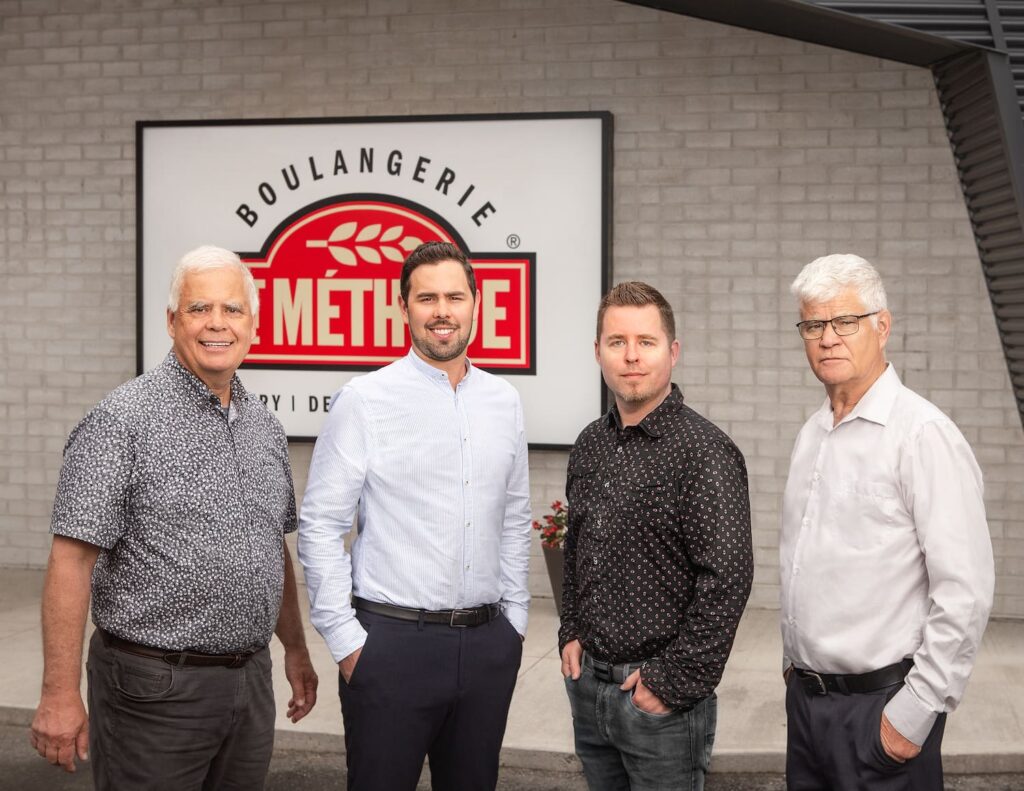
Navigating Pain with Saint Methode: A Comprehensive Guide
Pain, an unwelcome companion for many, manifests in countless forms. From the acute sting of an injury to the chronic ache of arthritis, its impact on daily life can be profound. While various approaches exist for pain management, the “Saint Methode” offers a unique perspective worth exploring. This guide delves into the concept of pain, its various facets, and how the principles embodied (though not necessarily directly named) by the “Saint Methode” can offer insights into coping and managing pain effectively. This is not a medical treatment but a philosophical approach to understanding the experience of pain.
Understanding Pain: A Multifaceted Experience
Pain isn’t merely a physical sensation; it’s a complex interplay of physical, psychological, and social factors. The International Association for the Study of Pain (IASP) defines pain as “an unpleasant sensory and emotional experience associated with, or resembling that associated with, actual or potential tissue damage.” This definition highlights the subjective nature of pain, emphasizing that it’s not just about the physical stimulus but also about how the individual perceives and interprets it.
Types of Pain
Pain can be broadly categorized into acute and chronic forms. Acute pain is typically sudden in onset and related to a specific injury or illness. It serves as a warning signal, alerting the body to potential harm. Chronic pain, on the other hand, persists for longer than three months and may not have a clear cause. It can be debilitating and significantly impact quality of life.
- Nociceptive Pain: Caused by tissue damage and activation of pain receptors (nociceptors). Examples include pain from a cut, burn, or fracture.
- Neuropathic Pain: Arises from damage or dysfunction of the nervous system. It often presents as burning, shooting, or stabbing pain. Examples include diabetic neuropathy and sciatica.
- Inflammatory Pain: Resulting from inflammation due to injury or illness. Arthritis is a common example.
- Psychogenic Pain: Where psychological factors play a significant role in the perception and experience of pain.
The Essence of the “Saint Methode” in Pain Management
While the term “Saint Methode” might not be widely recognized as a formal medical or therapeutic approach, it can be interpreted as embodying certain principles that are highly relevant to managing pain. These principles center around acceptance, resilience, self-compassion, and mindful awareness – qualities often associated with a saintly demeanor and valuable in navigating the challenges of pain.
Acceptance: Acknowledging the Reality of Pain
One of the most challenging aspects of dealing with pain is the resistance to it. We often fight against the pain, wishing it would disappear. However, the “Saint Methode” encourages acceptance of the present moment, including the pain itself. Acceptance doesn’t mean liking the pain, but rather acknowledging its presence without judgment. This acceptance can paradoxically reduce suffering by lessening the emotional distress associated with the pain. [See also: Mindfulness for Chronic Pain Relief]
Resilience: Building Inner Strength to Cope
Pain can be incredibly draining, both physically and emotionally. The “Saint Methode” emphasizes the importance of building resilience – the ability to bounce back from adversity. This involves developing coping mechanisms, such as exercise (within limitations), relaxation techniques, and engaging in activities that bring joy and meaning to life. Building resilience helps individuals to better manage the challenges posed by pain and maintain a sense of hope and well-being.
Self-Compassion: Treating Yourself with Kindness
Living with pain can be isolating and lead to feelings of frustration, anger, and self-blame. The “Saint Methode” highlights the importance of self-compassion – treating yourself with the same kindness and understanding that you would offer to a friend in a similar situation. This involves acknowledging your suffering, recognizing that you’re not alone in your experience, and offering yourself words of encouragement and support. Self-compassion can help to reduce self-criticism and promote emotional healing.
Mindful Awareness: Paying Attention to the Present Moment
Mindfulness involves paying attention to the present moment without judgment. This can be particularly helpful in managing pain by allowing individuals to observe their pain sensations without getting caught up in negative thoughts and emotions. By practicing mindfulness, individuals can learn to disengage from the pain and reduce its impact on their overall well-being. Techniques like meditation and deep breathing exercises can be valuable tools for cultivating mindful awareness. [See also: The Role of Meditation in Pain Management]
Practical Applications of the “Saint Methode”
While not a direct medical treatment, the principles of the “Saint Methode” can be integrated into a comprehensive pain management plan. Here are some practical applications:
- Mindfulness Meditation: Practice daily mindfulness meditation to cultivate awareness of your pain sensations and reduce emotional reactivity.
- Self-Compassion Exercises: Engage in self-compassion exercises, such as writing a letter to yourself from a place of kindness and understanding.
- Acceptance and Commitment Therapy (ACT): ACT is a therapeutic approach that emphasizes acceptance of difficult emotions and thoughts, including pain, and focuses on committing to values-based actions.
- Support Groups: Connect with others who are living with pain to share experiences, offer support, and reduce feelings of isolation.
- Gentle Exercise: Engage in gentle exercise, such as yoga or tai chi, to improve flexibility, strength, and overall well-being. Be sure to consult with a healthcare professional before starting any new exercise program.
Seeking Professional Help
While the “Saint Methode” can offer valuable insights into managing pain, it’s essential to seek professional help from healthcare providers. A doctor can diagnose the underlying cause of your pain and recommend appropriate medical treatments. A physical therapist can help you develop an exercise program to improve strength and flexibility. A psychologist or counselor can provide support and guidance in managing the emotional and psychological aspects of pain. It is important to remember that this is not a replacement for medical advice. If you are experiencing pain, consult with a qualified healthcare professional.
Conclusion
Navigating pain can be a challenging journey, but by embracing the principles of the “Saint Methode” – acceptance, resilience, self-compassion, and mindful awareness – individuals can develop effective coping mechanisms and improve their quality of life. Remember to seek professional help from healthcare providers to address the underlying cause of your pain and develop a comprehensive pain management plan. The path to managing pain is often a long and winding one. Incorporating the “Saint Methode” alongside professional medical advice can empower individuals to live more fully, even in the presence of pain. By combining medical treatment with a compassionate and mindful approach, individuals can find a greater sense of peace and well-being in the face of pain. Understanding the pain and how it impacts your life is the first step to managing it.

